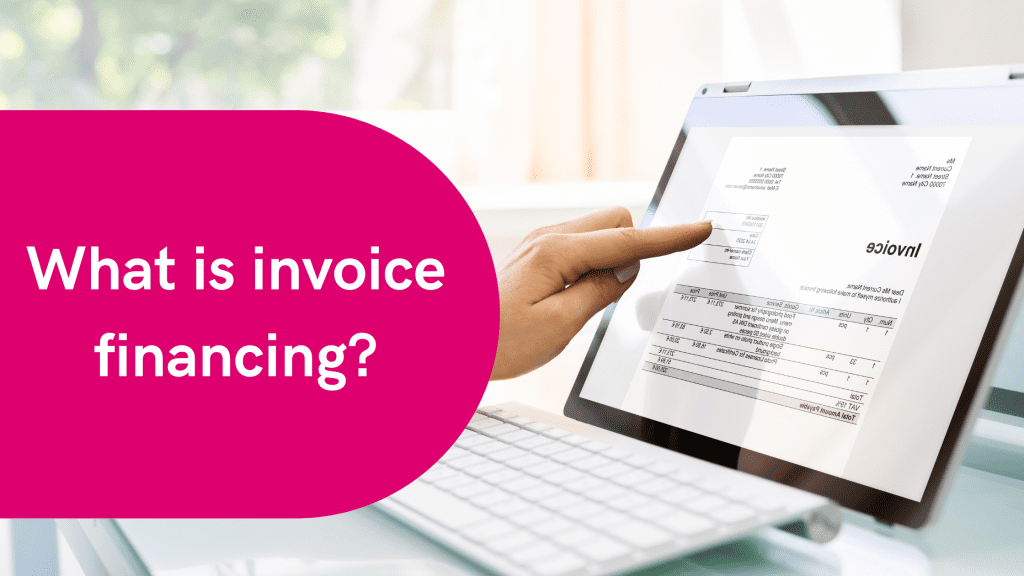
How Does Business Coaching Help in Scaling Your Business? Scaling a business can be a complex and challenging endeavour, requiring…

How Does Business Coaching Help in Scaling Your Business? Scaling a business can be a complex and challenging endeavour, requiring…

How Do Family Businesses Ensure Successful Succession Planning? Succession planning is a critical aspect for family businesses, especially in the…

What is the Benefit of a Financial Forecast? Financial forecasting is an essential tool for businesses of all sizes. By…

Elevate Your Business: A Guide to Improving Your Business Credit Score Your business credit score is a valuable asset that…

The UK Energy Crisis: Navigating Turbulent Waters in Business The United Kingdom is currently facing an energy crisis that is…

Unlocking Opportunities: A Comprehensive Guide to UK Business Grants In the dynamic landscape of UK business, growth and innovation are…

Navigating the Seas of Start-up Funding: A Guide for UK Entrepreneurs In the dynamic business landscape of the UK, start-up…

Navigating HMRC Time to Pay Arrangements: A Lifeline for UK Businesses In the complex world of business finance, one of…

In the realm of business finance, one solution that has been gaining traction, especially among small and medium-sized enterprises (SMEs),…

What is Asset Finance? In today’s fast-paced business world, staying ahead often means having the right tools and equipment at…